Mozambique: Authorities report 114,000 under fives suffering acute malnutrition
Mozambique: UN concerned about links between drug traffickers, terrorism
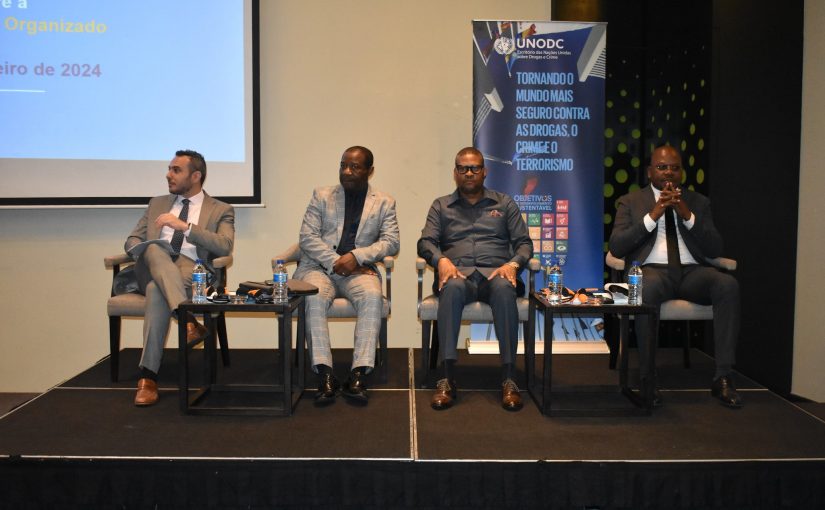
Photo: Ministério da Justiça, Assuntos Constitucionais e Religiosos
The head of the United Nations Office on Drugs and Crime (UNODC) in Mozambique expressed concern on Wednesday about “growing drug seizures” and “interconnections” between trafficking and the financing of terrorist groups.
“The growing drug seizures in Mozambican territory, particularly heroin, cocaine and other synthetic drugs, suggest the country’s increasingly central position on international drug trafficking routes,” warned António De Vivo at the opening in Maputo of a seminar on the National Strategy to Combat Organized Crime in Mozambique.
“We view with particular concern the interconnections between drug trafficking and the financing of terrorist activities in the north of the country, as recognized by the honourable Attorney General of the Republic,” he also said.
Interconnections which, De Vivo acknowledged, could contribute “to the worsening of the devastating consequences for the stability, security and development of Mozambique that the phenomenon of terrorism entails”.
“In this context, it is imperative that strategies to combat organized crime and the various related phenomena are holistic, so that they are effective,” he pointed out.
Since 2022, the Ministry of Justice, Constitutional and Religious Affairs, with the support of UNODC, has been preparing the National Strategy to Combat Organized Crime, whose recommendations and contributions, particularly on corruption, money laundering and transnational criminal groups, will be discussed in the seminar.
“We welcome the fact that the discussions held around this national strategy to date highlight precisely the need for a comprehensive approach,” added the official, highlighting four “fundamental” components. From the outset, he stated, the strategy must involve preventing the infiltration of organized crime into communities, the economy and political institutions, the “need to pursue organized crime groups and their illicit gains”, as well as the “protection of the most vulnerable and of victims of organized crime” and for “promoting partnerships and cooperation at all levels”.
“Mozambique is well on its way to becoming one of the first countries to launch a strategy based on the UNODC Practical Guide, joining Chile, Bosnia and Herzegovina and Ecuador, the most recent addition,” he acknowledged, explaining that the “experience and knowing about Mozambique” in this process could “serve as an example and inspiration for other countries in southern Africa”.
Mozambique’s permanent secretary of the Ministry of Justice, Constitutional and Religious Affairs, Justino Tonela, said that any future national strategy must involve society and “mirror the Mozambican reality”.
“We found that the geographic location of Mozambique, with porous borders and the vast extension of its coastline, associated with the discovery of natural resources, becomes one of the ways for transnational organized crime groups to maximize the illicit gains obtained through trafficking in human beings, wildlife crime and drug trafficking,” he pointed out.
He especially recognized the concern of Mozambican authorities about the growing proliferation of crimes against wildlife in the country and their consequences.
The province of Cabo Delgado has been facing attacks claimed by the extremist Islamic State (IS) group for six years, which has led to a military response since July 2021, with support from Rwanda and the Southern African Development Community (SADC), freeing districts close to gas projects.
After a period of relative stability, fresh attacks and terrorist movements have been recorded in Cabo Delgado in recent weeks, although locally authorities suspect that the movement is linked to their persecution by the Defence and Security Forces in Macomia, Quissanga and Muidumbe districts, among others.


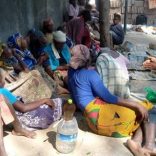
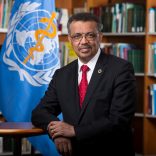
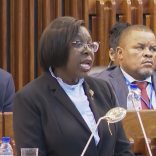
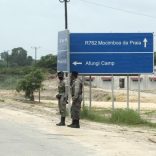







Leave a Reply
Be the First to Comment!
You must be logged in to post a comment.
You must be logged in to post a comment.